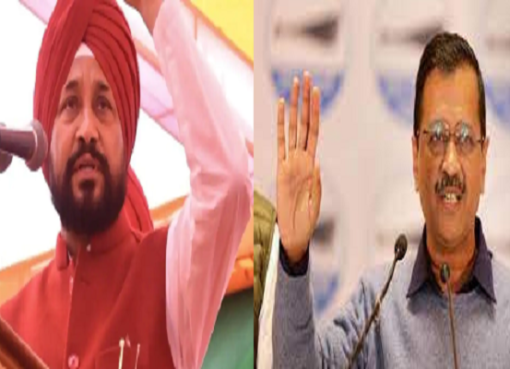The Delhi government will now have to seek the opinion of the Lieutenant Governor before taking any executive action.
In the middle of a brutal second wave of Covid in Delhi, the centre has notified a law that gives it more power over the city’s elected government. According to the amended law, the “Government of Delhi” now means the “Lieutenant Governor of Delhi”, who represents the Centre.
The Government of National Capital Territory of Delhi (Amendment) Act, 2021, came into force yesterday, according to a Home Ministry notification.
The Delhi government will now have to seek the opinion of the Lieutenant Governor before taking any executive action.
The law was controversially cleared in Parliament last month amid opposition protests in both houses.
When the Bill cleared Parliament, Delhi Chief Minister Arvind Kejriwal called it a “sad day for Indian democracy”.
The government, while bringing the Bill in the March session, claimed it would “further define” the responsibilities of the elected government and the Lieutenant Governor “in line with the constitutional scheme of governance… as interpreted by the Supreme Court.”
Arvind Kejriwal called the development an “insult” to the people of Delhi and said it “effectively takes away powers from those who were voted by people and gives powers to run Delhi to those who were defeated”.
Arvind Kejriwal’s Aam Aadmi Party (AAP) won 62 of 70 seats in the 2020 Delhi election, leaving only eight for the BJP and none for the Congress. He accuses the BJP of trying to rule Delhi by proxy through the Lieutenant Governor and blocking the elected government’s plans.
In 2018, a five-judge constitution bench of the Supreme Court had held that while the Lieutenant Governor must be informed about Delhi cabinet decisions, his concurrence was not needed except in the case of police, public order and land.
“The status of the Lieutenant Governor of Delhi is not that of a Governor of a State, rather he remains an administrator, in a limited sense, working with the designation of Lieutenant Governor,” the judges had said.
The judges had ruled that the Lieutenant Governor is “bound by the aid and advice of the council of ministers” and that “the Lieutenant Governor has not been entrusted with any independent decision-making power”.






Comment here